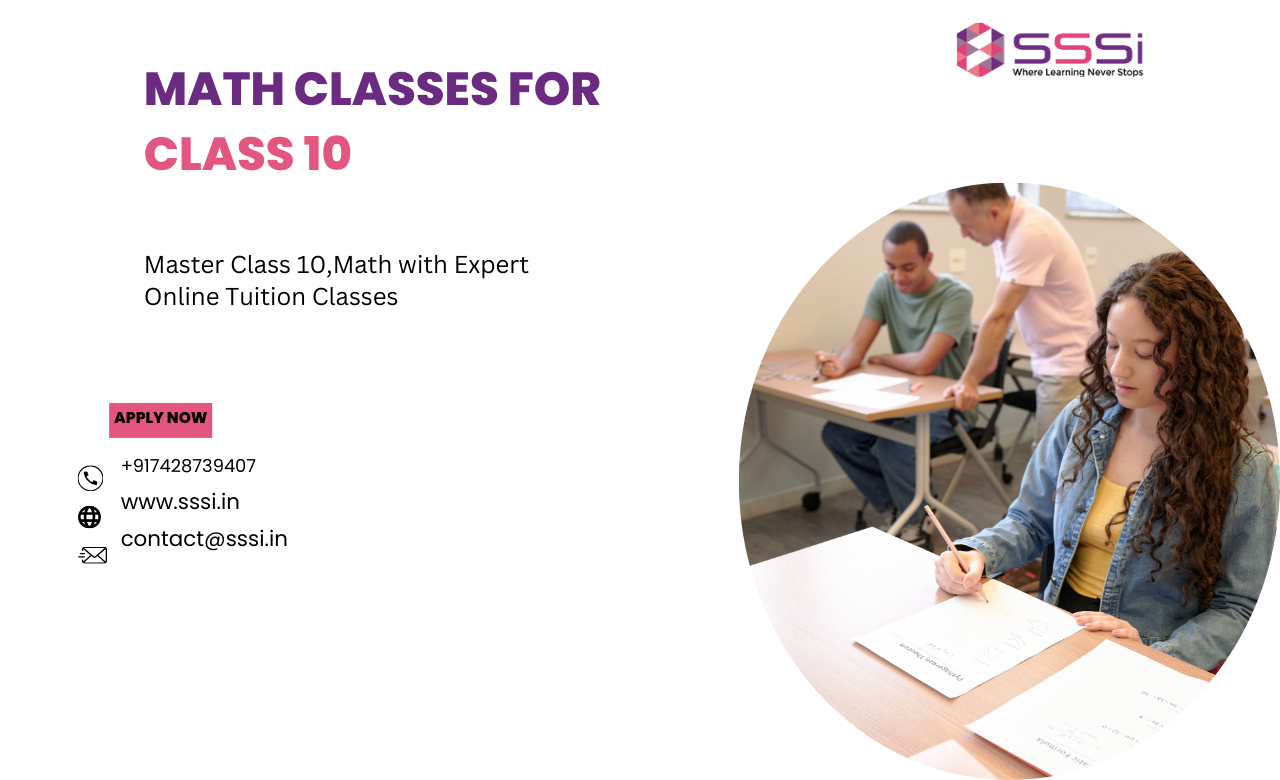CUET PG Political Science Syllabus
Introduction
The CUET PG Political Science exam is a crucial step for students aspiring to pursue postgraduate studies in political science. The Common University Entrance Test (CUET) for PG programs is conducted to ensure a standardized admission process across various central, state, and private universities. Understanding the syllabus thoroughly is essential for effective preparation and scoring well in the exam.
This article provides a detailed, topic-wise breakdown of the CUET PG Political Science syllabus, along with important areas to focus on for better preparation.
CUET PG Political Science Syllabus – Topic-Wise Breakdown
The syllabus for CUET PG Political Science can be categorized into several broad sections:
1. Political Theory and Thought
This section covers foundational political concepts and ideas that have shaped political discourse over centuries.
📌 Key Topics:
- State, Sovereignty, Rights, and Liberty
- Justice, Equality, and Democracy
- Power and Authority
- Political Obligation and Legitimacy
- Western Political Thought – Plato, Aristotle, Machiavelli, Hobbes, Locke, Rousseau, Marx, and John Stuart Mill
- Indian Political Thought – Kautilya, Gandhi, Ambedkar, M.N. Roy, Ram Manohar Lohia
📖 Preparation Tips:
- Focus on key thinkers and their contributions.
- Understand basic political concepts and their real-world applications.
2. Comparative Politics and Government
This section explores different political systems, institutions, and governance models across countries.
📌 Key Topics:
- Approaches to Comparative Politics (Institutional, Structural, Functional)
- Forms of Government – Presidential vs. Parliamentary, Unitary vs. Federal
- Political Development and Modernization
- Political Parties and Electoral Systems
- Bureaucracy and Policy Making
📖 Preparation Tips:
- Compare political systems of major democracies like the US, UK, and India.
- Study electoral processes and governance models in different nations.
3. Indian Political System
This section covers the constitutional framework, governance, and political processes in India.
📌 Key Topics:
- Making of the Indian Constitution
- Fundamental Rights and Duties, Directive Principles of State Policy
- Union and State Government – President, Prime Minister, Parliament, Governor, Chief Minister, State Legislature
- Local Governance – Panchayati Raj System and Municipalities
- Judiciary – Supreme Court, High Courts, Judicial Activism
- Federalism in India – Center-State Relations, Issues in Indian Federalism
- Political Parties, Pressure Groups, and Electoral Reforms
📖 Preparation Tips:
- Read the Indian Constitution thoroughly.
- Focus on key amendments and landmark Supreme Court judgments.
4. Public Administration and Governance
This section focuses on administrative theories, governance, and policymaking.
📌 Key Topics:
- Theories of Administration – Classical, Human Relations, Decision-Making Theories
- Bureaucracy – Weberian Model and Criticism
- Development Administration
- Public Policy – Formulation and Implementation
- Good Governance and E-Governance
- Administrative Reforms in India
📖 Preparation Tips:
- Study governance initiatives like RTI, Lokpal, Digital India, and e-Governance.
- Understand administrative challenges and policy implementation issues.
5. International Relations
This section examines global politics, diplomacy, and international organizations.
📌 Key Topics:
- Theories of International Relations – Realism, Liberalism, Marxism, Constructivism
- Cold War and Post-Cold War Politics
- Globalization and its Impact on State Sovereignty
- United Nations and Regional Organizations (EU, ASEAN, SAARC)
- India’s Foreign Policy – Relations with the US, China, Russia, and Neighboring Countries
- International Law and Human Rights
📖 Preparation Tips:
- Keep track of current international events and India’s diplomatic relations.
- Study global institutions like the UN, IMF, World Bank, WTO.
6. Political Ideologies
This section covers different political ideologies and their impact on political systems.
📌 Key Topics:
- Liberalism and Neoliberalism
- Marxism and Socialism
- Fascism and Nazism
- Feminism and Environmentalism
- Gandhian Philosophy and Hindutva
📖 Preparation Tips:
- Understand core principles of each ideology and their impact on governance.
- Relate ideologies to historical and contemporary political movements.
7. Research Methodology in Political Science
This section introduces students to research methods used in political science.
📌 Key Topics:
- Nature and Scope of Political Science Research
- Qualitative vs. Quantitative Research
- Sampling Techniques and Data Collection Methods
- Hypothesis and Research Design
- Case Study Method, Survey Research, Content Analysis
📖 Preparation Tips:
- Understand basic research methods and their application in political science.
- Practice analyzing political data and reports.
Exam Preparation Strategy
To score well in CUET PG Political Science, follow these strategies:
1. Understand the Exam Pattern
- The CUET PG Political Science exam consists of multiple-choice questions (MCQs).
- Time management is key—practice solving previous years’ papers.
2. Use the Right Study Material
- NCERT Books (Class 11 & 12 Political Science) – For fundamental concepts.
- Complete syllabus notes available at: Political Science Solution
- Indian Constitution by M. Laxmikanth – Essential for Indian polity.
- OP Gauba’s Political Theory – For understanding political ideologies.
3. Make Notes and Revise Regularly
- Summarize key thinkers, concepts, and theories.
- Revise current affairs and recent developments in politics.
4. Attempt Mock Tests
- Practice online mock tests and sample papers.
- Analyze mistakes and improve weak areas.
5. Stay Updated with Current Affairs
- Read newspapers like The Hindu, Indian Express, and magazines like EPW.
- Follow government policies and international relations updates.
Conclusion
The CUET PG Political Science syllabus covers a wide range of topics, from political theory and comparative politics to Indian governance and international relations. A structured approach, the right study materials, and consistent practice will help you succeed in the exam. Stay focused, revise regularly, and keep track of political developments for a well-rounded preparation.
Best of luck with your CUET PG Political Science exam! 🎯📖💡



